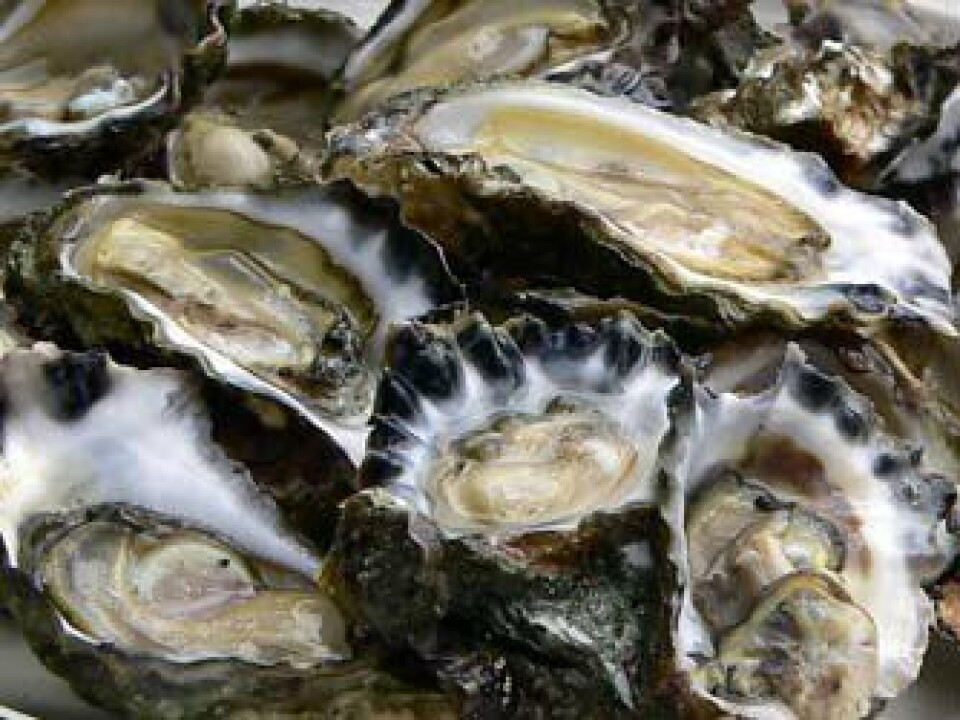
Scottish DNA chip can boost oyster yields
Researchers from the University of Edinburgh have developed a tool intended to prevent farmed oyster disease outbreaks and improve yields.
The technology consists of a chip loaded with tens of thousands of pieces of DNA - each carrying a specific fragment of the oyster's genetic code, reports FIS.com.
Oyster farmers will benefit as the chip will enable hatcheries to rapidly assess the genetic make-up of their oysters, so they can select animals with desirable characteristics from which to breed.
The researchers involved in the project explain that using a tiny sample of DNA from each oyster, the chip can measure small genetic variations - known as Single Nucleotide Polymorphisms - that are linked to physical traits.
Resistant to virus
The tool will initially be used to spot oysters that are resistant to Oyster Herpes Virus, a disease that causes major losses in young stocks.
The team of researchers is also investigating how the chip can be used to identify oysters with other desirable characteristics, such as faster growth rates.
Similar selective breeding techniques are already used to improve the health and productivity of farmed salmon stocks and land-based livestock.
The chip has been developed for two key species - the Pacific oyster, which is the main species of farmed oyster, and the native European flat oyster, a locally important species.
The project also involved researchers from the Centre for Environment Fisheries and Aquaculture Science (Cefas) and Edinburgh Genomics.
Collaborating
The team is now collaborating with experts from several European countries, Australia, New Zealand and Mexico to apply the technology.

"Oysters are one of the most important group of species for global aquaculture with more than 600,000 tonnes produced each year. This chip is an enabling tool for genetics and breeding research in oysters, and we are working with the industry to implement this technology with the goal of improving health and yield of stocks," lead researcher Dr Ross Houston, of the University of Edinburgh's Roslin Institute, was quoted as saying in the FIS.com report.
Dr Tim Bean, from Cefas, told FIS.com: "This new technology brings the power of selective breeding a step closer for oyster producers in the UK and worldwide."
According to Scottish Government figures for 2015, mussel and Pacific oysters remained the main species produced in terms of value and tonnage although production decreased by 5 per cent and 21 per cent respectively during that year.
More than five million Pacific oyster shells were produced for on-growing in 2015, though native oyster production dropped from 242,000 to 200,000 shells.






















































